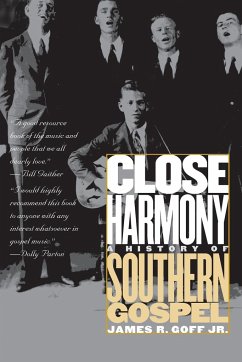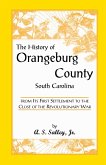Comprehensive and richly illustrated, Close Harmony traces the development of the music known as southern gospel from its antebellum origins to its twentieth-century emergence as a vibrant musical industry driven by the world of radio, television, recordings, and concert promotions. Marked by smooth, tight harmonies and a lyrical focus on the message of Christian salvation, southern gospel--particularly the white gospel quartet tradition--had its roots in nineteenth-century shape-note singing. The spread of white gospel music is intricately connected to the people who based their livelihoods on it, and Close Harmony is filled with the stories of artists and groups such as Frank Stamps, the Chuck Wagon Gang, the Blackwood Brothers, the Rangers, the Swanee River Boys, the Statesmen, and the Oak Ridge Boys. The book also explores changing relations between black and white artists and shows how, following the civil rights movement, white gospel was influenced by black gospel, bluegrass, rock, metal, and, later, rap. With Christian music sales topping the $600 million mark at the close of the twentieth century, Close Harmony explores the history of an important and influential segment of the thriving gospel industry.
Hinweis: Dieser Artikel kann nur an eine deutsche Lieferadresse ausgeliefert werden.
Hinweis: Dieser Artikel kann nur an eine deutsche Lieferadresse ausgeliefert werden.








